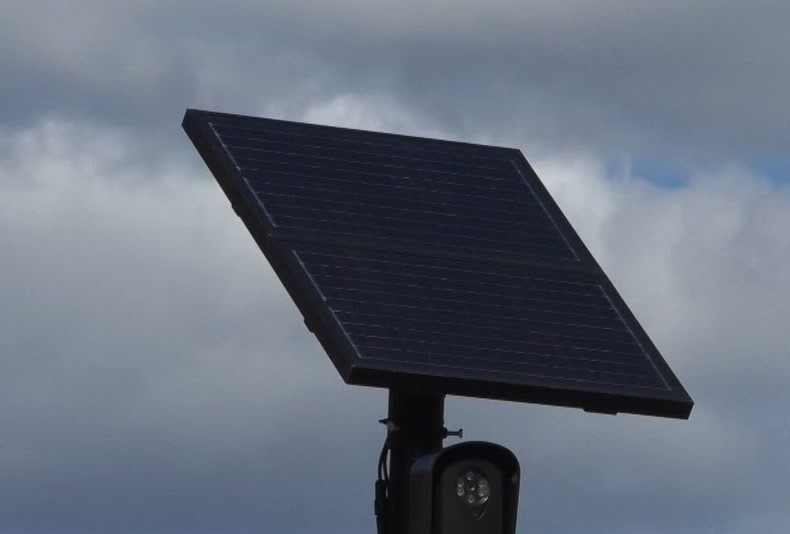Across the country, and even in some Indiana communities, cities and police departments have been turning to Flock Safety cameras—high-tech systems that scan and record license plates and vehicle details using artificial intelligence. Supporters say the cameras help solve crimes faster. But critics say they open the door to mass surveillance and privacy violations.
Each Flock camera records every vehicle that passes by, whether it’s connected to a crime or not. Over time, that means the system can build a detailed picture of where a car travels, day after day. Privacy groups warn that’s like having a GPS tracker on every driver in town. Civil-liberties experts say this kind of data collection could violate people’s Fourth Amendment rights and lead to what they call “surveillance creep”—technology meant for crime-fighting slowly turning into round-the-clock monitoring of everyone.
In documents KNS has obtained, Flock says its system can’t be used for immigration enforcement, but investigations found otherwise. Reports from the Associated Press and other outlets say local police in some states shared Flock-collected data with federal agencies like ICE and the Border Patrol. The company later paused those partnerships after learning some of that access may have broken state privacy laws.
The fact is, there have already been documented cases of misuse and like any automated tool, the cameras can get it wrong. A police chief in Kansas City admitted to running hundreds of plate searches to follow his ex-girlfriend. In Texas, a sheriff’s office reportedly used the network to look for vehicles tied to abortion investigations.
KNS Radio reached out to Frankfort Police Chief Scott Shoemaker who says the city’s use of Flock Safety license-plate cameras is limited to basic law enforcement alerts and does not include any artificial intelligence or facial-recognition features. “We aren’t using any of the AI capabilities on our cameras,” Shoemaker said. “Two are inside the Frankfort city limits, and the other two are just outside the city.”
Shoemaker explained that one of the cameras outside city limits sits on private property, approved by the landowner, while another is located in a state right-of-way, which required INDOT and the county sheriff’s approval. “The sheriff has approved our camera that is south of town,” he added. “But all four are operated through the city.”
According to the chief, the system mainly helps officers identify potential stolen vehicles or suspended drivers. “We get alerts for stolen vehicles. We get alerts if the registered owner is suspended or labeled a habitual traffic violator, but we don’t get a name,” Shoemaker said. “Sometimes a plate is attached to a wanted person, and that will alert us.”
He emphasized that officers still follow department policy and verify each alert before taking action.
“Regardless of an alert, our policy requires the officer to investigate,” Shoemaker said. “We don’t simply stop a car because a Flock camera says to. We verify the information as we would with any other tip.” Records show the City of Frankfort formally approved a Flock contract at a Board of Works meeting on May 22, 2023, after a proposal from Chief Shoemaker. The vote passed 2-0, with money coming from a drug and alcohol grant.
Normally, a department agrees to pay a subscription fee for each camera and gets access to the company’s online dashboard. In some towns, elected officials must approve the purchase or accept a grant before installation.
Flock also sells directly to homeowners associations, apartment complexes, and private businesses. Those private buyers can mount cameras at entrances or on their property. That means even if your city hasn’t officially approved the system, you might still be on camera whenever you drive through a neighborhood or parking lot that uses Flock.
As of 2025, Indiana has no specific state law regulating or restricting Flock cameras. Each community decides for itself whether to use them and how to manage the data. Flock’s standard policy keeps plate data for 30 days, unless law enforcement marks it as evidence, in which case it can be kept longer.

